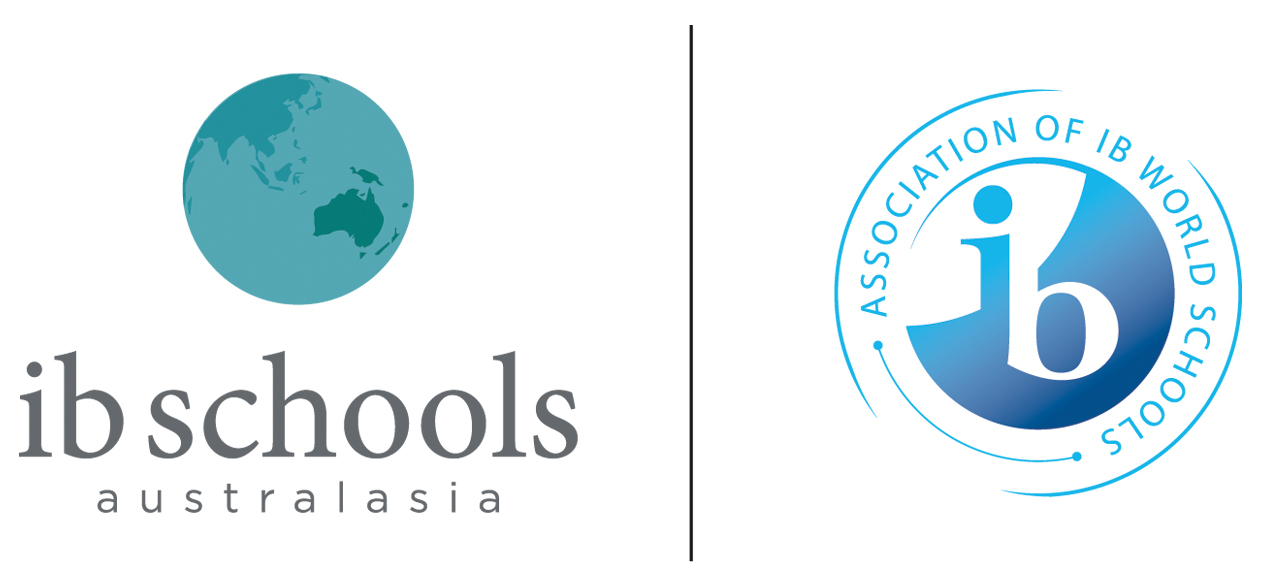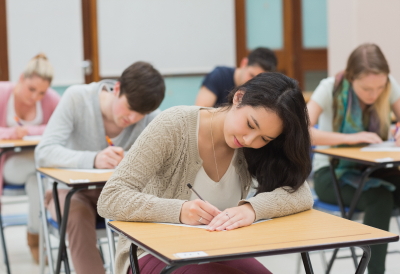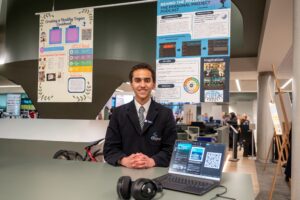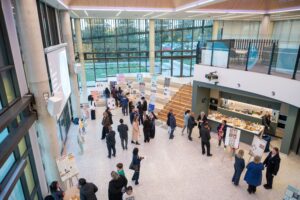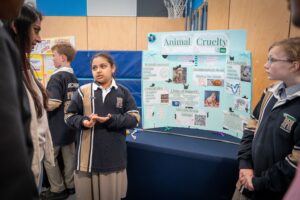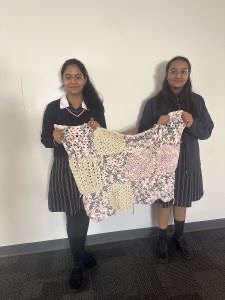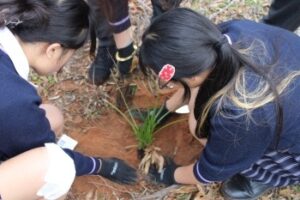IB Global Youth Action Fund applications
January 13, 2026The International Baccalaureate (IB), has opened the annual application window for the Global Youth Action Fund, an award open to students enrolled in a secondary school aged 12 to 19 who have developed projects or initiatives aimed at creating a positive social impact in their communities.
The Global Youth Action Fund will be open to students, or student groups, from both IB and non-IB schools. The window to apply for the grant will remain open until 30 January 2026.
The fund is open to young people who are driven by purpose and a desire to make a difference. To date, the Global Youth Action Fund has awarded grants to over 290 projects led by more than 440 young people globally. Whether tackling climate change in Jakarta, advancing gender equity in Nairobi, or building digital inclusion in Lima, each project contributes to a shared movement of youth-led action and collective hope.
“Since its founding in 1968, the IB has been dedicated to building a better, more peaceful world,” said Dr. Nicole Bien, Chief Community Partnerships & Development Officer for the IB. “Young people today are showing great resilience and curiosity in the face of global challenges, starting from within their communities and working outwards to develop initiatives that drive meaningful change. We are delighted to support these young leaders in their inspiring efforts.”
The Global Youth Action fund is part of the IB’s commitment to support, elevate and empower youth voices. Designed to unite the global community in challenging moments, the Festival of Hope creates a space for young people to share their experiences and transform complex challenges into positivity and hope. Discover more pathways to action on the Festival of Hope website.
Every funded project must align with one or more of the 17 United Nations Sustainable Development Goals (SDGs), and is reviewed by an international panel of experts, educators, and youth leaders. Selection is based on:
-
Purpose and vision – addressing meaningful global or local challenges.
-
Innovation and creativity – offering bold, original approaches to change.
-
Impact and sustainability – demonstrating measurable potential for long-term benefit.
-
Collaboration and leadership – engaging others to create shared solutions.
Selected students will receive:
-
Up to 3,000 USD in grant funding, as per project needs. Funding is dependent on what students request and what the IB Global Youth Action Fund committee decides.
-
Mentorship and networking opportunities with leading social entrepreneurs and other student awardees from around the world.
“The most meaningful aspect of the programme was receiving firsthand insights from industry experts,” said Sadhika Kapoor, a student from Vietnam whose EcoPsych project promotes eco-friendly action in schools. “We felt genuinely honoured to be in the presence of such highly accomplished individuals. Discovering that they began their changemaking journeys at the same age as us made them even more compelling role models.”
Students can visit the IB website for details on how to apply.
